From chess-beating humans to poetry writing and consumer behavior prediction, artificial intelligence (AI) has advanced. Though general-purpose artificial intelligence is quite remarkable, its actual value only shows when it is customized to grasp the subtleties of the real world. That implies providing domain intelligence as well.
Simply said, artificial intelligence performs noticeably better when it is intended not only to learn from any data but from the correct type of data—that which bears the context, complexity, and constraints of a given industry or job.
What then precisely is domain intelligence, and why does it matter so much?
What Is Domain Intelligence?
Domain intelligence is industry-specific knowledge, rules, processes, and contextual understanding required of AI models to efficiently address actual problems. An artificial intelligence model that "knows" language differs from one that understands how a doctor enters a medical record, or how a financial analyst finds fraud.
Like GPT or BERT, general artificial intelligence models are taught on enormous internet databases comprising news items, books, code repositories, etc. These models often lack depth when applied to highly regulated, technical, or high-stakes environments even if they can produce cogent responses or identify trends.
Domain intelligence then comes in rather handy. It's the "real-world grounding" that lets artificial intelligence go from theoretical to useful performance.
General AI vs. Domain-Specific AI: A Quick Comparison
|
Feature |
General AI |
Domain-Specific AI |
|
Training Data |
Broad and generic |
Industry-specific |
|
Use Case |
Universal tasks |
Targeted applications |
|
Accuracy |
Moderate |
High (in context) |
|
Compliance |
Limited |
Tuned to regulations (e.g., HIPAA, GDPR) |
|
Interpretability |
Often a black box |
Easier to explain in context |
| Examples | Human-like robots (future) | AI for healthcare, finance, logistics |
How Domain Intelligence Boosts AI Performance
1. Enhanced Real Task Accuracy: More accurate predictions come from AI models educated on pertinent domain data. A general object detection model might say "a round shape," for instance; but, a medical imaging model can precisely find "a tumor in the left lung."
2. Increased Relevance: AI sometimes returns correct but useless answers without domain intelligence. If a chatbot in banking cannot explain interest rates or loan eligibility depending on financial rules, it will not be much of help.
3. Administrative Compliance: Many sectors—finance, healthcare, law, etc.—are run under tight guidelines. By including built-in compliance logic, anonymizing techniques, and audit trails—which help to lower risk of expensive violations—domain-specific artificial intelligence can be created.
4. Enhanced Acceptance and Trust: A big obstacle can be AI's black-box character. Particularly in important decisions like diagnosis or credit approval, models built with domain context are more understandable, justifyable, and trustworthy.
Real-World Examples of Domain Intelligence in AI
While only domain-trained models can precisely identify tumors, fractures, or anomalies in X-rays or MRIs, artificial intelligence models taught on general image data may recognize cats or buildings.
AI-assisted radiology tools have shown in clinical studies up to 94% accuracy in identifying early-stage cancers.
Finance: Smarter Fraud Detection
While general anomaly detection may highlight "strange" transactions, banking AI systems educated on industry-specific fraud patterns know which unusual behavior really indicates fraud.
➡ Result: The outcome is reported over 40% increase in fraud detection rates by banks applying artificial intelligence.
Retail: Better Personalization
Generic recommendation engines might point to "popular items." To customize offers, retail-specific artificial intelligence knows inventory, customer segments, seasonal demand, and purchase behavior.
➡ Result: AI-driven personalization thus can increase conversion rates by 10–15%.
Difficulties in Domain-Specific AI
Although the advantages are obvious, creating AI with deep domain intelligence is challenging. Here is the rationale:
1. Privacy and Scarcity of Data: High-quality labeled data from real-world settings is difficult to obtain—and sometimes safeguarded under tight privacy rules (such as HIPAA or GDPR).
2. Complex Model Training: Often with input from field experts, domain-specific models require tailored training, tuning, and testing.
3. Requirement for Interdisciplinary Teams: It goes beyond developers and data analysts as well. Depending on the application, you must include doctors, engineers, teachers, or lawyers.
4. High Costs and Time: Tailored AI solutions demand more investment than off-the-shelf models. From data collecting to testing, the process calls more resources.
Best Practices for Building Domain-Aware AI
Want to create genuinely valuable AI? Here's how to inject domain intelligence:
- Work with subject-matter experts throughout data labeling and model validation.
- Use actual data from the target sector rather than synthetic or generic data alone.
- Directly include business logic and rules into model decision paths.
- Start small with highly impactful use cases then scale using feedback and learning loops.
- Continually improve models depending on user interactions and edge situations.
The Future: Smarter AI with Deep Context
The race won't be about "who uses AI" because that part is becoming common very quickly. As more and more businesses start using AI, the real competition will be who uses it better. "Better" doesn't just mean "faster" or "cheaper." It means that it is more accurate, better aligned with real-world goals, and based on more domain-specific knowledge.
As AI development changes, success will not come from generic tools but from tailored intelligence—systems that have been trained to understand specific industries, workflows, and human contexts in depth. Domain intelligence will be the basis for creating AI that people can trust, understand, and rely on.
Not only will the next generation of AI be stronger, but it will also be built to work together. It will become a part of everyday tasks, strategic choices, how people talk to each other, and even the culture of the company. AI development is also about improving things. This is true in areas like finance, healthcare, logistics, and law. The next age will be defined by systems that are smart, flexible, and easy to understand that help people do more.
In short, AI's growth isn't about taking jobs; it's about making every workplace smarter.
Conclusion
Though artificial intelligence is strong, it sometimes lacks the context required to properly solve practical issues without domain knowledge. Though they can grasp trends, general-purpose models find it difficult to provide accuracy, compliance, or relevance in specialized settings, including manufacturing, finance, or healthcare. Embedding industry-specific knowledge—through data, processes, and expert advice—AI becomes not only smarter but also more reliable.
The emphasis should change from creating "any AI" to creating the right AI solutions that closely relate with the issues and objectives of their industry as companies try to drive value from artificial intelligence. Generalization is not where artificial intelligence is headed; rather, specialization is. Businesses that adopt domain-aware models will have faster decisions, better accuracy, and more customer confidence, so acquiring competitive advantages.
In short, AI that understands your world is the AI that will shape your future.


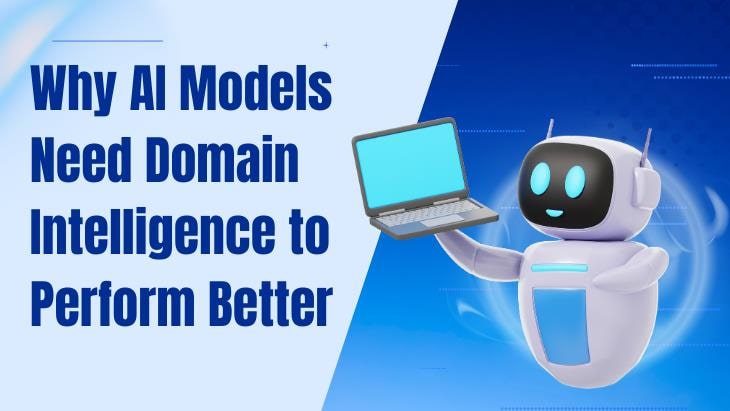
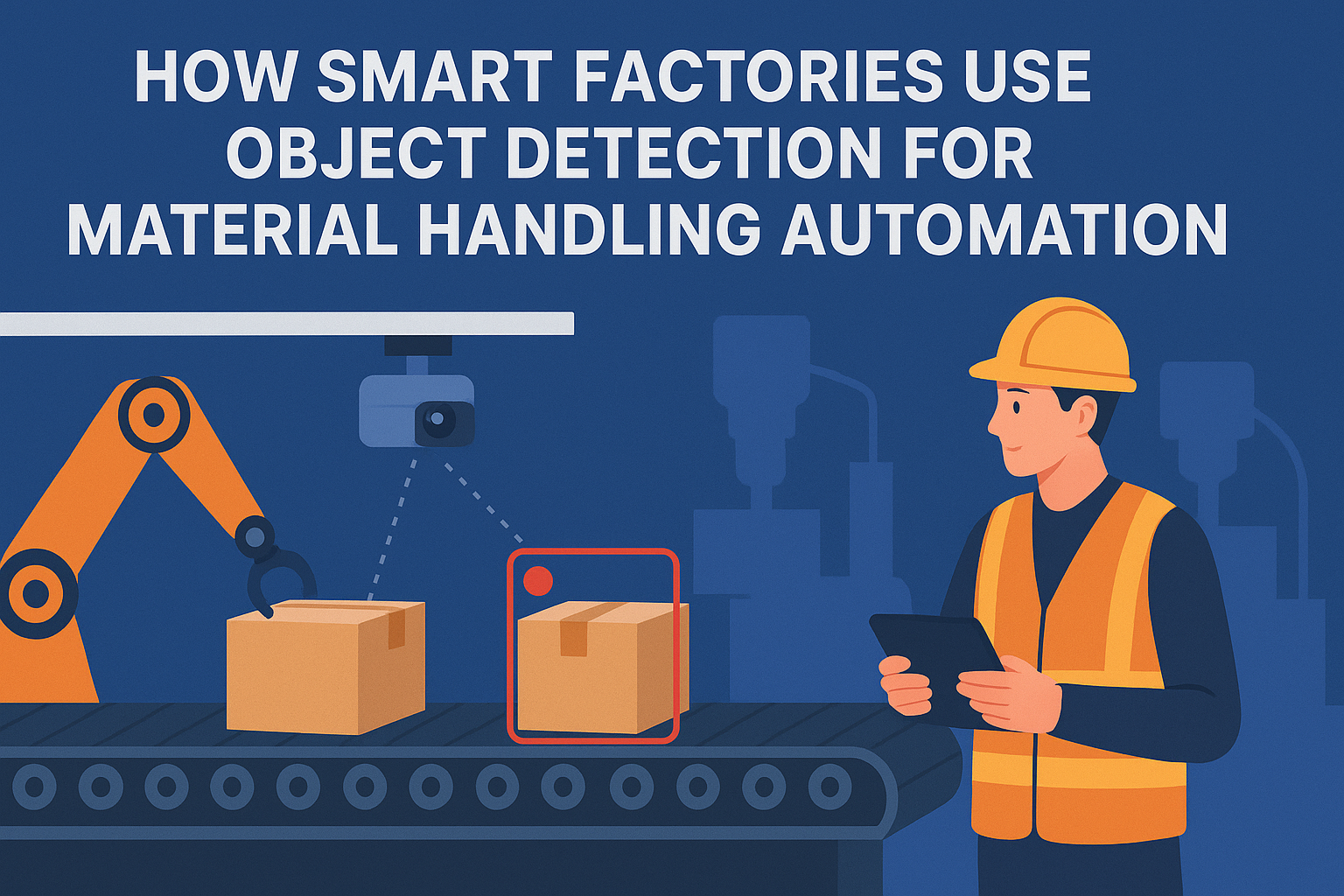
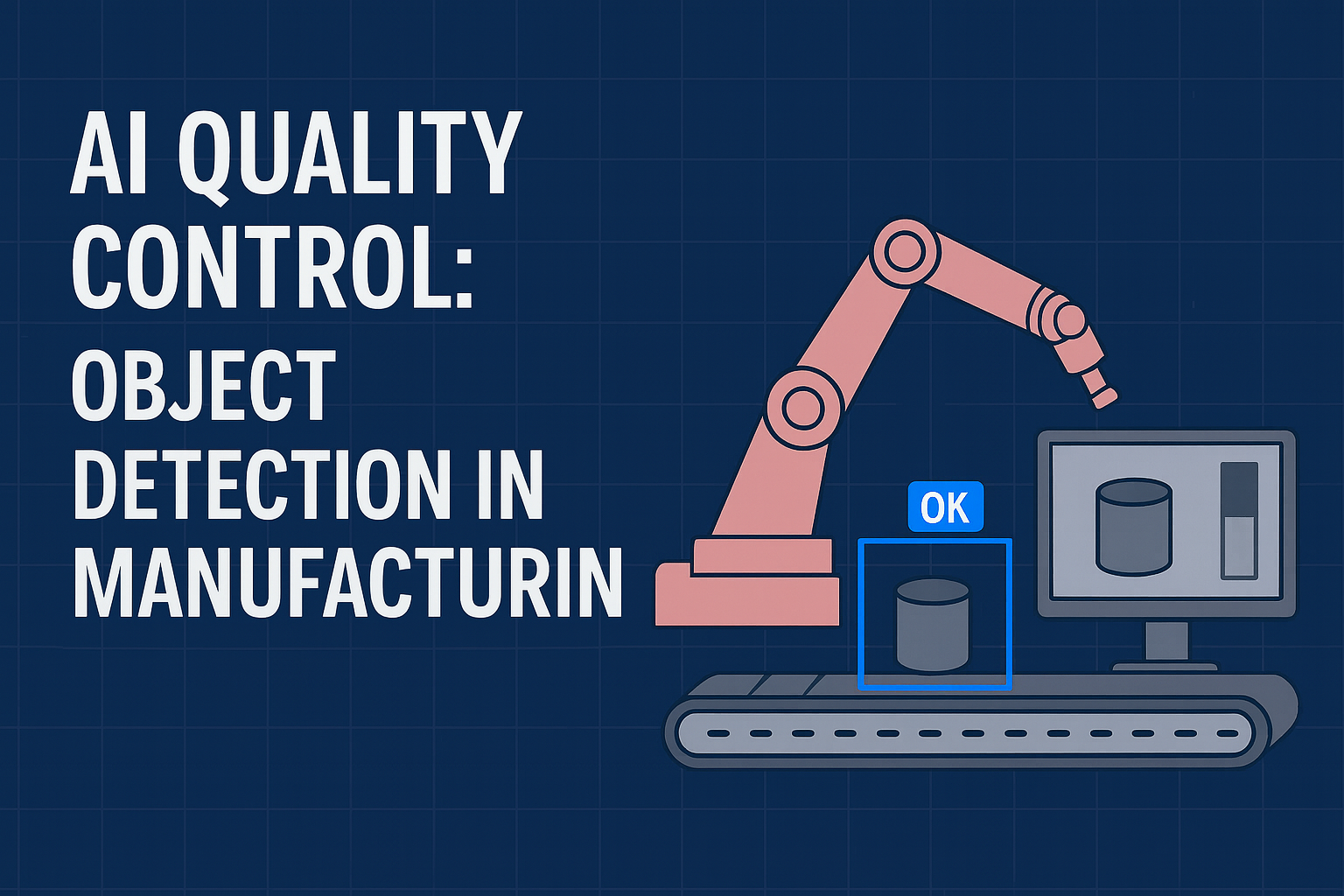
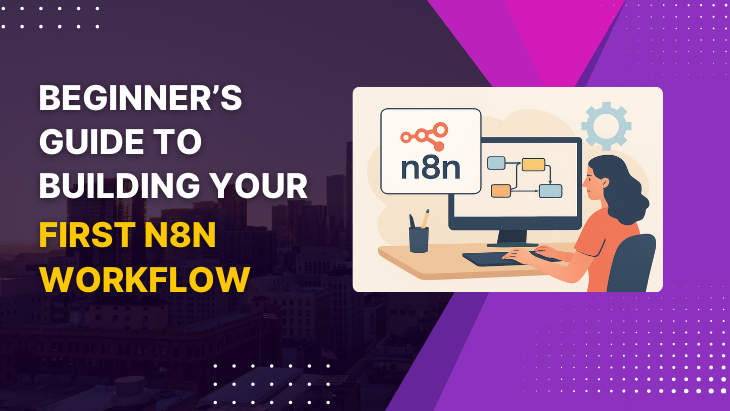
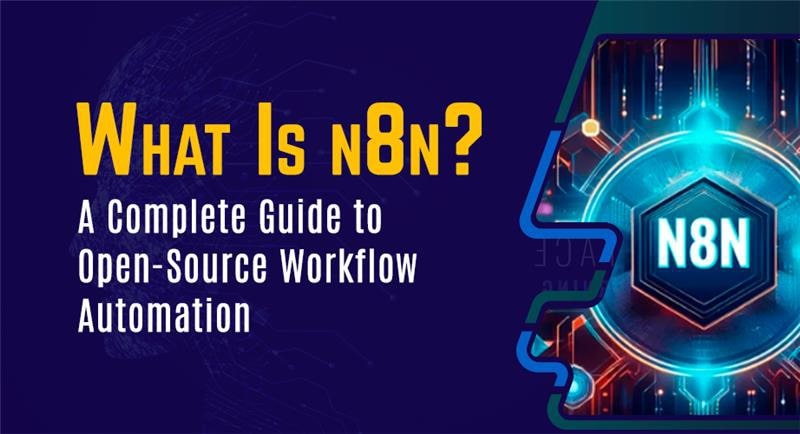

Leave a reply